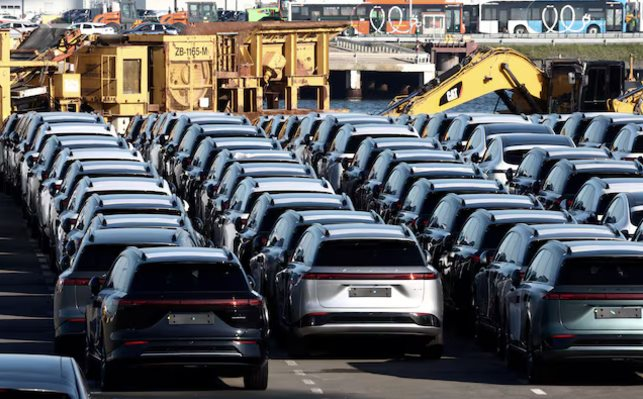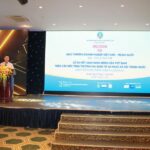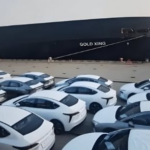
Illustrative image
Swedish company Northvolt has recently filed for Chapter 11 bankruptcy protection in the US on November 21, after negotiations with investors and creditors, including Volkswagen and Goldman Sachs, fell through.
Northvolt was Europe’s biggest hope in the battery industry, aiming to power the continent’s electric cars. Since its founding in 2016, the Swedish company has received over $10 billion in equity, debt, and public financing. Volkswagen and Goldman Sachs each own about one-fifth of the company.
On November 22, Northvolt announced that it needed new capital of $1-1.2 billion for its restructuring process, which it hopes to complete by the end of March. In recent months, the company has scaled back its business and cut jobs to shore up its finances. However, it has struggled to produce enough high-quality batteries and lost a $2 billion contract from BMW in June, dashing hopes of a European-owned battery industry.
In recent years, Northvolt led a wave of European startups investing tens of billions of dollars to serve the continent’s automakers as they shift from internal combustion engines to electric vehicles. However, the growth in electric vehicle demand has been slower than predicted, and China has dominated the supply of batteries for electric vehicles, with 85% of global battery production.
Battery and cell production is a complex process, and scaling it up is challenging for any battery manufacturer. Andy Palmer, founder of consulting firm Palmer Automotive, said, “The big issue is that batteries are not easy to manufacture, and Northvolt has not been able to meet customer demands—that’s a management issue. The Chinese are ten years ahead of the West in battery technology; that’s a fact,” he added.
According to Reuters, at least eight companies have postponed or abandoned electric vehicle battery projects in Europe this year, including China’s Svolt and the ACC joint venture between Stellantis and Mercedes-Benz.
According to data from Benchmark Minerals, Europe’s battery pipeline capacity for 2024-2030 has decreased by 176 GWh. Plans for electric vehicle battery production in Europe have been hampered by tariff barriers, production issues, and slower-than-expected demand for electric vehicles.
Some executives believe that Europe should do more to attract and support domestic projects so that they can compete with Chinese rivals such as CATL and BYD.
James Frith, European Director at Volta Energy Technologies, said, “Europe needs to rethink how it supports a nascent industry before China gobbles up the entire value chain through smart planning.”
Of its $5.8 billion in debt, Northvolt owes the European Investment Bank (EIB) about $313 million. EIB Vice President Thomas Östros said they were constructive partners with Northvolt but needed to protect the interests of the EIB and the EU.
The Swedish government has repeatedly stated that it has no plans to buy stakes in Northvolt. Also, on November 22, Northvolt’s CEO and co-founder, Peter Carlsson, expressed concern about Europe giving up on the dream of competing with China.
He said that Europe would regret it in 20 years if it withdrew now. According to Reuters
The Ultimate Weapon: Russia’s Newfound Fortune
A captivating title, indeed!
Russia has retaliated against US sanctions on Moscow by banning the export of a vital fuel to America.
The Great 1688 Shopping Festival: A Bonanza of Deals for Vietnam
In a swift move, China’s leading wholesale e-commerce platform, 1688, has launched a series of promotions and marketing campaigns targeted at Vietnamese consumers, just shortly after its Vietnamese language version went live. With competitive pricing compared to domestic e-commerce platforms, 1688 is making a bold statement in the Vietnamese market.
“Vietnamese Agricultural Products Synced with Chinese E-commerce Platforms”
The Vietnamese agricultural products store on Chinese e-commerce and social media platforms will operate under a “goods-seeking-people” model. This innovative approach empowers Vietnamese suppliers to sell directly to Chinese consumers and establish their branded products in the Chinese market.








![[Photo Essay]: Experts, Managers, and Businesses Unite to Forge a Path Towards Sustainable Green Industry](https://xe.today/wp-content/uploads/2025/07/z678592918-218x150.jpg)












